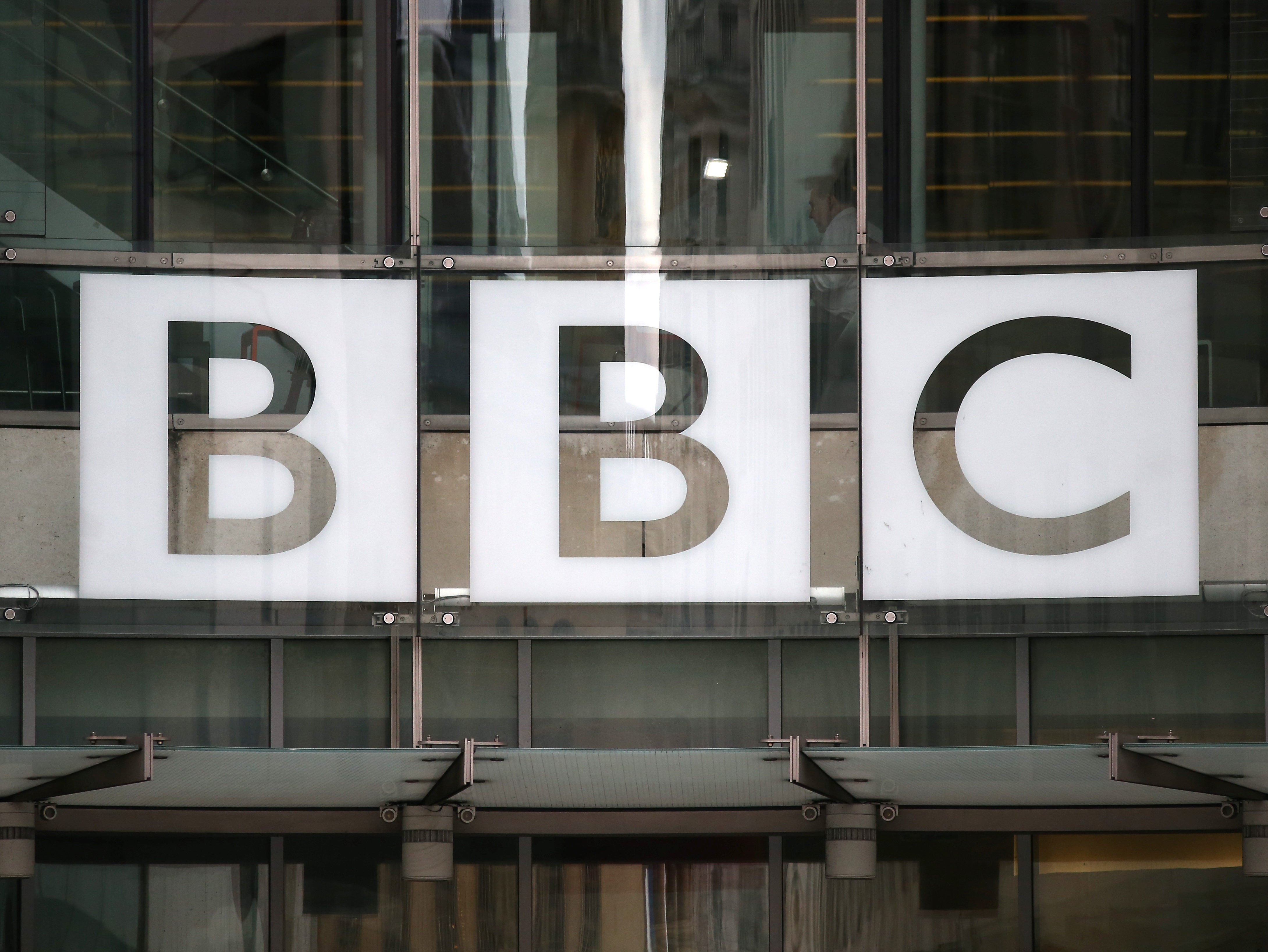
The BBC could face “hundreds” of equal pay claims from staff as the row over gender pay parity continues, a BBC source has told Press Gazette.
Since the publication of top-earning talent salaries last summer, the BBC has received about 230 individual pay claims, of which a “huge number” are from news division staff, the source said.
Fewer than half of these claims have been dealt with so far, but of the salary revisions offered to staff whose grievances were upheld, it is understood that none have been made on an equal pay basis.
“No-one to my knowledge has had a pay change because of an equal pay issue,” said the source.
“[BBC management] are trying to say that no-one has an equal pay claim.
“They say: ‘We have reflected upon your pay and think you are due a pay revision, but in no way is this an equal pay case’.
“It doesn’t appear that anyone has been given pay parity.”
BBC journalist Carrie Gracie accused the BBC of a “secretive and illegal” pay culture in an open resignation letter from her role as China editor at the start of the year, raising further questions around BBC pay.
An independent audit of on-air talent salaries, published on Wednesday, revealed a 6.3 per cent gender pay gap but “no evidence of gender bias”.
It followed a report of off-air staff salaries in October last year that found a 9.3 per cent gender pay gap but “no systemic discrimination against women” in the corporation’s pay arrangements.
BBC director general Tony Hall has said that he does not believe that the BBC, which like all UK companies is obliged by law to abide by the Equal Pay Act 1970, has acted illegally on pay.
He told Channel 4 News: “I don’t believe there has been illegality in the BBC to the point where someone said: ‘You’re a woman therefore you’re going to be paid less’.”
Press Gazette has learned that a number of staff raising pay grievances had been told to wait until the latest review had completed. Some have been “parked” since the summer, said the source.
Now the final pay audit has been published, equal pay claims could flood in.
“The number of people claiming on equal pay grounds could be in the hundreds,” said the source.
“But the BBC doesn’t want to deal with them as pay claims because then it will have to pay back pay [staff] and it doesn’t want to do that.”
They added: “I have not seen any sign that the BBC has resolved any pay grievances in line with equality law. I have yet to be convinced that they are dealing with them at all properly.”
A BBC spokesperson told Press Gazette: “Since July, around 230 individual cases have been raised by both men and women working on and off air.
“We have addressed close to half of them and are working through the rest with the people concerned. Where revisions need to be made we’ll make them.”
Gracie told MPs this week that the BBC was in a “terrible position of not being willing to acknowledge an equal pay problem with women” and that as a result it had been “effectively forced to belittle” the contributions of women staff over decades.
Gracie, who has worked at the BBC for 30 years, said that when it comes to equal pay, BBC management “can’t sort this out”. She also warned that “the damage to the BBC would be so intense” if pay disputes ended up at employment tribunal hearings.
The BBC has about 20,000 staff in total. The news division is facing cuts of £80m by 2021.
Picture: Reuters/Neil Hall
Email pged@pressgazette.co.uk to point out mistakes, provide story tips or send in a letter for publication on our "Letters Page" blog
